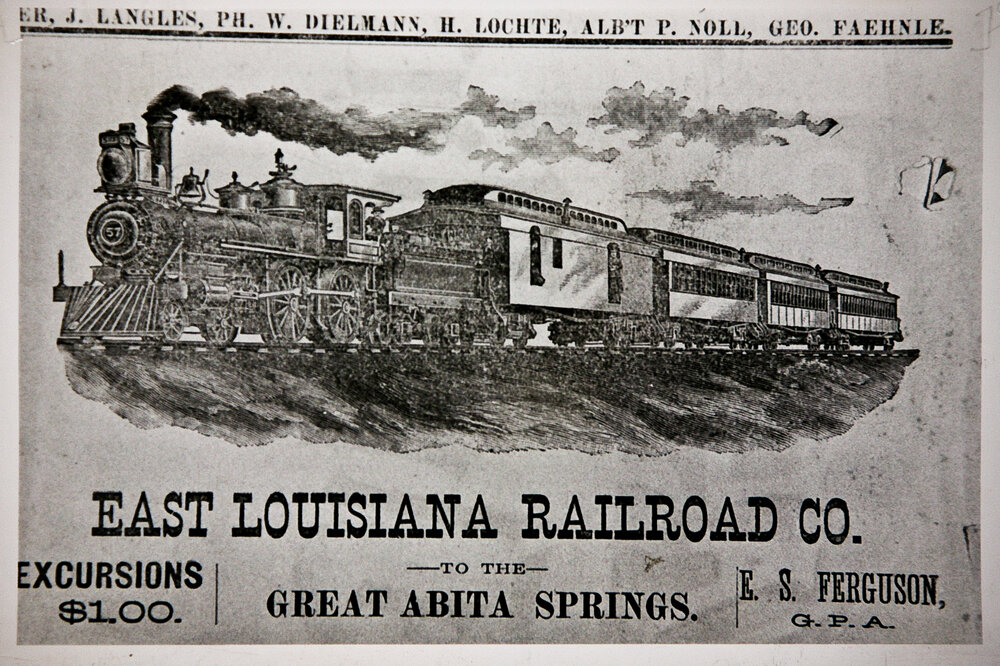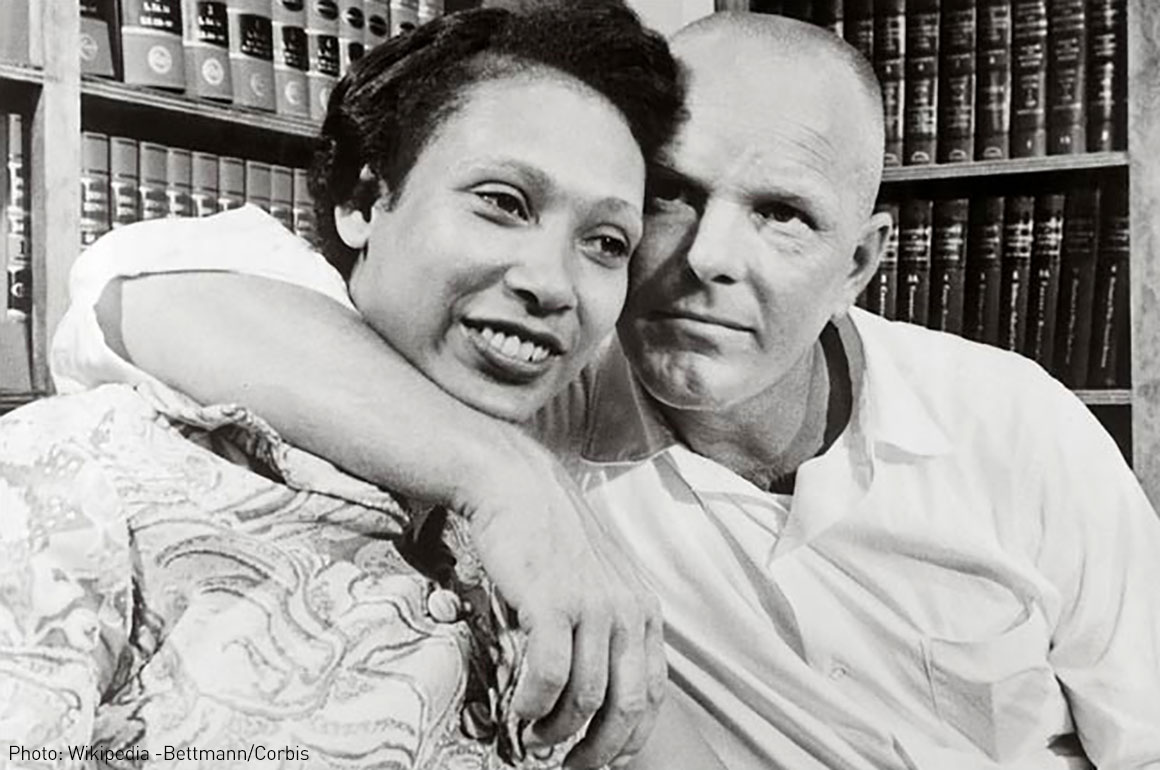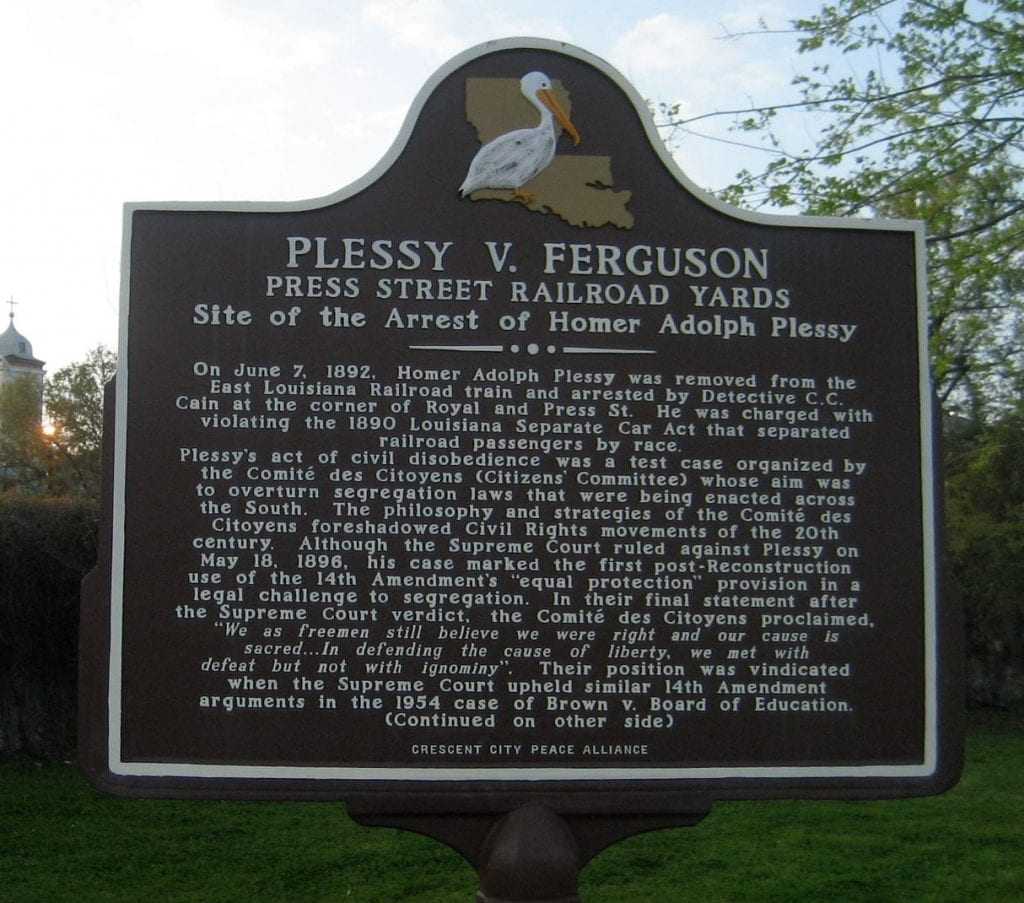
The following op-ed was published today in the Washington Post by David Cole, national legal director of the American Civil Liberties Union, the Hon. George J. Mitchell Professor in Law and Public Policy at Georgetown University Law Center, and member of the USF Institute for Nonviolence and Social Justice Leadership Council.
“The Alito opinion would be like Plessy overturning Brown v. Board of Education”
By David Cole
In his leaked draft opinion for the Supreme Court overturning Roe v. Wade, Justice Samuel A. Alito Jr. points to Brown v. Board of Education, one of the Court’s most celebrated decisions, as support for his reasoning. Brown, after all, overturned Plessy v. Ferguson’s “separate but equal” doctrine, and marked the beginning of the end of the Jim Crow era.
But the difference between Brown and what the court appears poised to do in Dobbs v. Jackson Women’s Health Organization could not be more basic. In Brown, the court extended fundamental rights, as it has done in virtually all its decisions overturning constitutional precedents. A decision overturning Roe, by contrast, would eliminate the constitutional right to abortion altogether. The proper analogy is not Brown overruling Plessy, but a decision reviving Plessy, reversing Brown, and relegating Black people to enforced segregation after nearly 70 years of equal protection.

The doctrine of stare decisis acknowledges the importance of respecting settled expectations — and especially of not taking away rights that people have come to rely on. It holds that, absent extraordinary circumstances, the court must abide by its prior decisions, even and especially when the court’s roster changes. It’s what ensures that constitutional law is a rule of law, not a rule of nine individual jurists.
Of course, rights change over time, and modifications are inevitable as the court applies settled rules to new circumstances. Rights often expand or contract at the edges of constitutional law. But outright reversals of precedent are few and far between, and reversals that deprive people entirely of constitutional rights are rarer still. Alito cites about 30 decisions in which the court overturned prior precedents, but fails to note that virtually every one involved expanding rights.
Just imagine, for example, if the court were to overrule Loving v. Virginia and announce that interracial couples no longer have a right to marry, or reverse Gideon v. Wainwright and deprive indigent criminal defendants of a lawyer. Yet, as Solicitor General Elizabeth B. Prelogar told the Supreme Court when it heard oral arguments in Dobbs, reversing Roe “would be telling the women of America that … the ability to control their bodies and perhaps the most important decision they can make about whether to bring a child into this world is not part of their protected liberty.”

Americans today enjoy rights to speech, to vote, to choose who they live with and marry, to exercise religion, to hold property, to privacy, and to equal protection that are far more generous than those recognized at the framing of the Constitution. While the court has whittled away at some of these rights, none of those prior decisions comes close to the tectonic shift that reversing Roe v. Wade would cause.
Alito cites West Coast Hotel v. Parrish, a 1937 decision that reversed course on a line of decisions ruling that business owners’ “liberty of contract” invalidated federal and state laws protecting workers and consumers. Parrish took away some rights of business owners, but its real effect was to expand rights protections for millions of Americans subject to exploitation by powerful corporations.
Overturning Roe would strip from every American woman one of the most important rights she enjoys — controlling how and when she has a child. It is a right that 1 in 4 American women has exercised by obtaining an abortion, and that virtually all women have relied on to plan their lives, families and careers. It would also depart radically from U.S. public opinion; poll after poll shows that Americans overwhelmingly oppose overruling Roe.
If the court follows through on its apparent intent, pending antiabortion laws in many states will take immediate effect and the consequences will be dire. People throughout the country will be hurt, none more so than those who already face challenges in accessing abortion because of low income, geographical isolation or difficult family situations. To compare that result with Brown v. Board of Education is an insult to Americans’ intelligence.
What is to be done? History teaches that the American people, not nine justices, ultimately determine our collective constitutional fate. If all those who care about this fundamental right stand up, organize, and vote, we can and will win back the right that the court stands poised to revoke. Civil rights activists did not take Plessy sitting down; nor should anyone treat Dobbs as the last word.
If the court overturns Roe, it should expect that the fallout, like the decision, will be unprecedented.

